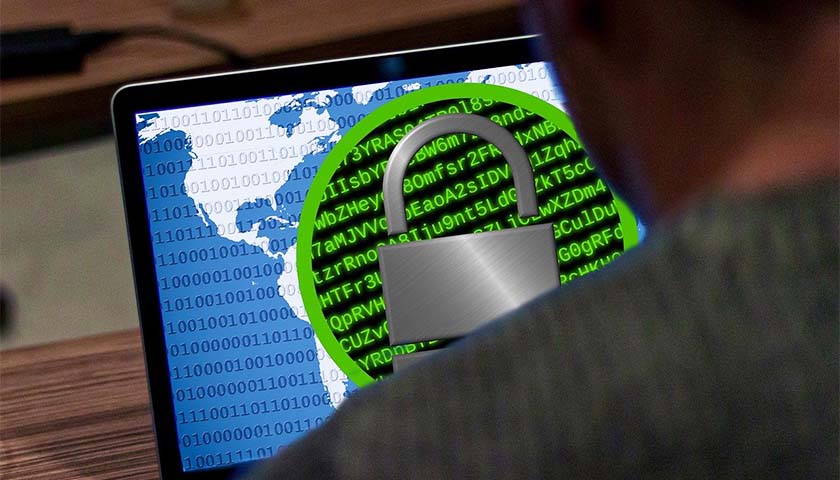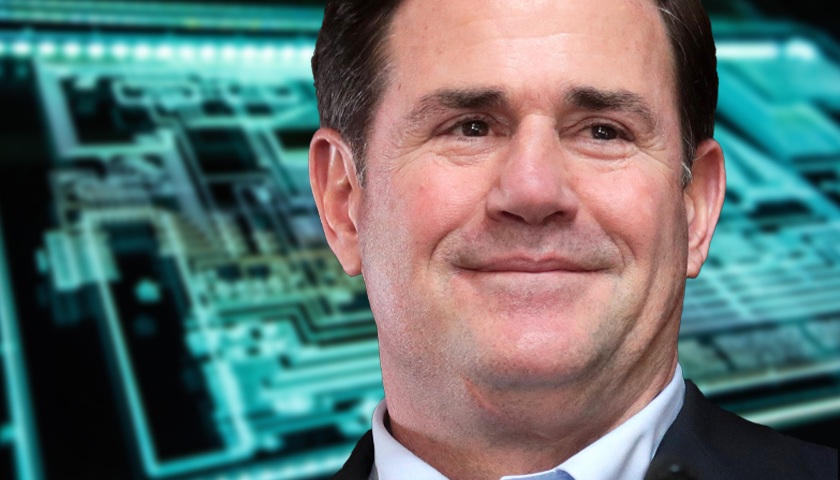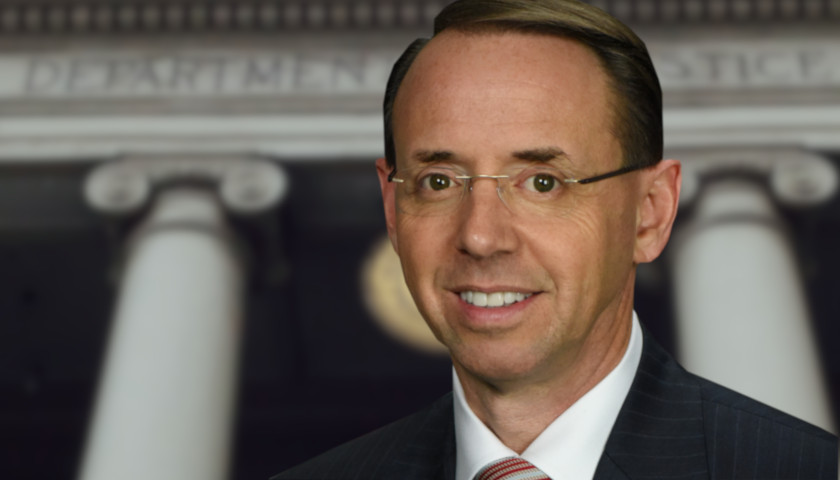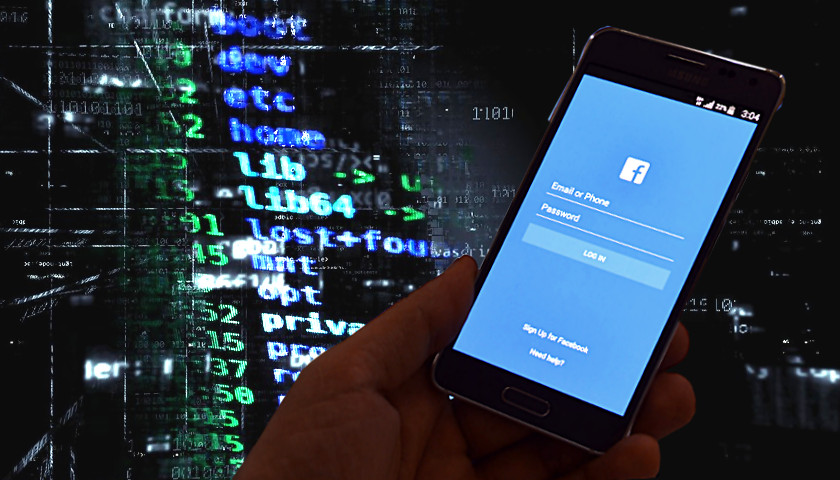by Masood Farivar In the first case of its kind, the U.S. Justice Department announced charges Wednesday against two alleged Iranian cybercriminals who used malware to infect the computer networks of U.S. municipalities, hospitals and other organizations in a scheme to extort millions of dollars from the victims. Faramarz Shahi Savandi, 34, and Mohammad Mehdi Shah Mansouri, 27, are accused of creating and deploying a sophisticated malware known as SamSam Ransomware to forcibly encrypt data on the computer networks of more than 200 organizations and other victims in the United States and Canada. Savandi and Mansouri would then demand a ransom payment in the form of the virtual currency known as bitcoin in exchange for decryption keys for the encrypted data. In all, the two allegedly received more than $6 million in extortion payments. Officials did not name the victims that made the payments. Other victims that refused to pay ransom suffered more than $30 million in lost data. The victims included state agencies, city governments and hospitals, including the City of Atlanta, the City of Newark, the Port of San Diego, the Colorado Department of Transportation, the University of Calgary in Calgary, Canada, and six U.S. public health…
Read the full story










